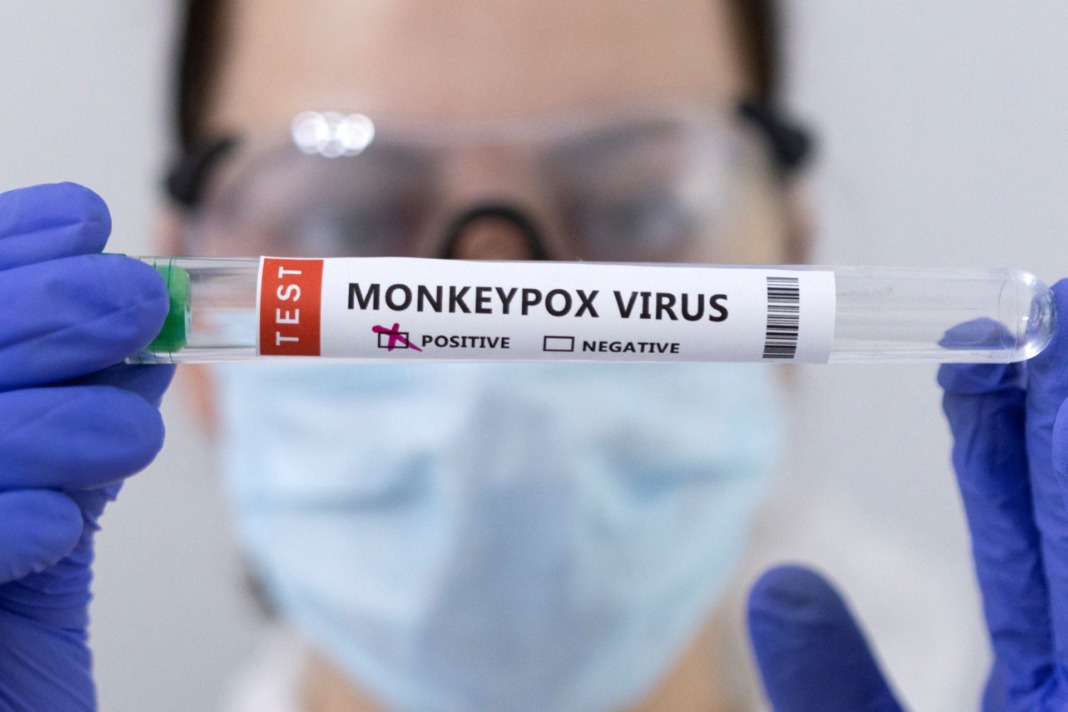The World Health Organization (WHO) has declared the multi-country outbreak of the mpox virus (Monkey pox), which began around a year ago, is no longer a public health emergency of international concern. WHO Director-General, Tedros Ghebreyesus, made the announcement during a press briefing in Geneva, Switzerland, on Thursday.
Mpox is a less severe cousin of the now-eradicated smallpox virus and is endemic to parts of West and Central Africa. It has typically been contracted from a rodent or small mammal and can spread through contact with body fluids, sores or items such as clothing and bedding contaminated with the virus. It can also be spread from person to person through respiratory droplets, typically in a close setting.
“The emergency committee for mpox met and recommended to me that the multi-country outbreak of mpox no longer represents a public health emergency of international concern. I have accepted that advice and I’m pleased to declare that mpox is no longer a global health emergency. However, as with COVID-19, that does not mean that the work is over. Mpox continues to pose significant public health challenges that need a robust, proactive and sustainable response,” said Ghebreyesus.
The WHO has reported more than 87,000 cases of mpox, with 140 deaths worldwide from 111 different countries. While the virus is no longer considered a global health emergency, Ghebreyesus implored countries to maintain their testing capacity and ability to respond to future outbreaks quickly.
“Mpox is not a new virus, but it’s been brought to the forefront due to the current outbreak. Like other infectious diseases, it needs to be monitored and contained to prevent it from spreading. We must remain vigilant and proactive in our efforts to control the virus,” he added.
The WHO also declared COVID-19 no longer a public health emergency of international concern on May 5, 2023, after more than three years of declaring the outbreak to be a PHEIC (public health emergency of international concern) in January 2020, about six weeks before characterizing it as a pandemic.
The announcement highlights the importance of early detection, rapid response and proactive measures in containing infectious diseases. The WHO’s declaration is a reminder that despite the strides made in global public health, there is still a need to remain vigilant and prepared for emerging infectious diseases.
In conclusion, the WHO’s announcement that the mpox virus is no longer a global health emergency is a welcome development. However, it is important that countries continue to prioritize the monitoring and containment of the virus to prevent it from spreading. The WHO’s decision also highlights the need to remain vigilant in global public health efforts and to be proactive in containing emerging infectious diseases.



